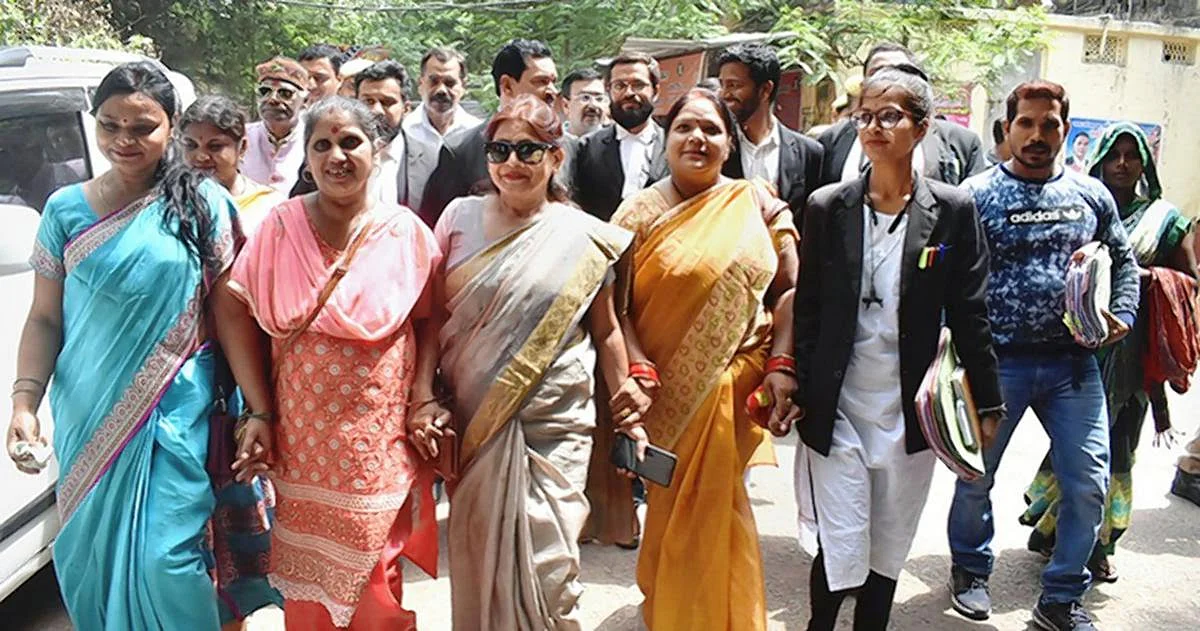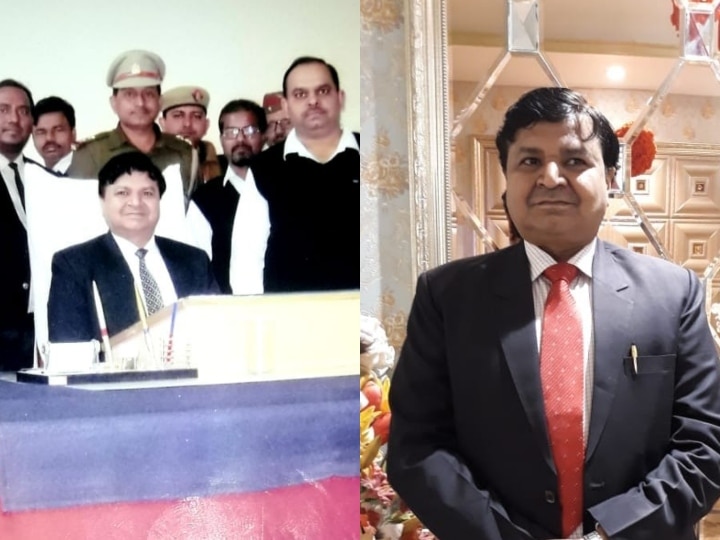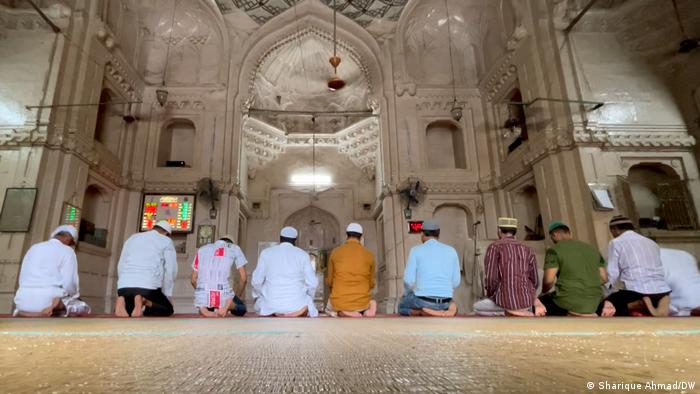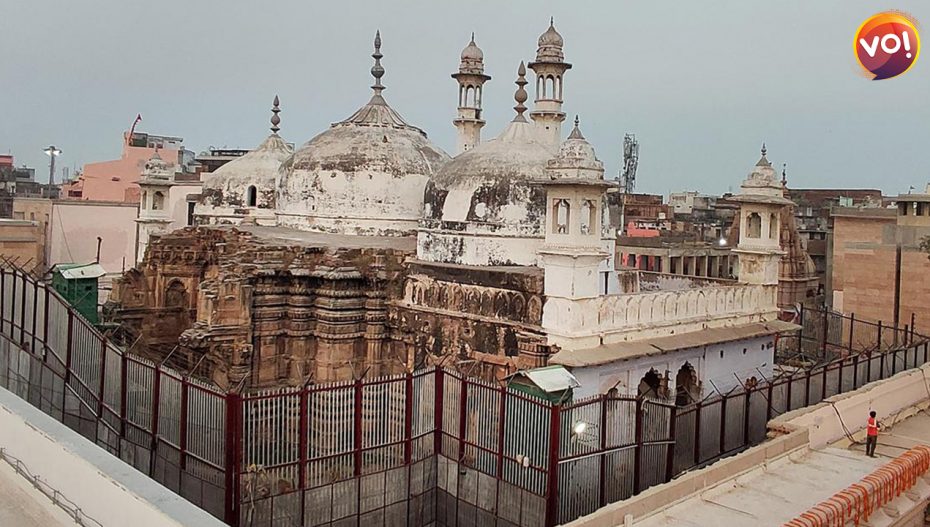Varanasi district judge Ajaya Krishna Vishvesha ruled on Monday that five women’s request to worship Hindu gods Shringar Gauri, Ganesha, and other deities within the Gyanvapi mosque complex was “maintainable” and could be heard in court. The much-awaited verdict said that the Places of Worship Act, which prohibits religious buildings from changing their character, would not bar the request to worship Hindu gods inside a mosque.

Five Hindu devotees petitioned a Varanasi civil court in 2021 to allow them to offer daily prayers at the Gyanvapi mosque. They claimed that the mosque housed several Hindu deities. In May, the court authorised a video survey of the mosque, which revealed the presence of an oval object on the mosque grounds. The Hindu side claimed the oval object to be a shivling whereas the defendants, the Muslim side, on the other hand, claimed that the oval object is a fountain in the wazu khana, or ablution tank. Later, based on the plantiff’s submission, the civil court ordered the sealing of the area where the oval object was discovered.
After the filing appeal by the mosque committee, the Supreme Court ruled on May 17 that the structure discovered during the survey should be protected, transferring the case to a district court in Varanasi.

The Supreme Court instructed the lower court to decide on the suit’s maintainability under Order 7 Rule 11 of the Code of Civil Procedure, 1908, which specifies when certain pleas are barred. The interim order also allowed Muslims to continue to worship.
The mosque management committee argued that several laws, including the Places of Worship (Special Provisions) Act, 1991. Said law was passed in the aftermath of the demolition of the Babri Masjid, barred any petition seeking to change a place’s religious nature. It mandated preserving the religious character of any place of worship as it existed on August 15, 1947.
The court went by accepting the Hindu plaintiffs’ argument that they did not intend to convert the mosque’s religious nature. the plaintiffs maintained that they only wanted to worship Hindu deities inside the mosque complex, as they had done since 1993.
The Hindus claimed that they had been worshipping goddess Shringar Gauri and other deities in the mosque complex on a daily basis until 1993, when the Uttar Pradesh administration restricted them to once a year. They claimed it was to appease Muslims.

The Muslims, for their part, claimed that the mosque, now registered as a waqf, had been in operation since 1669. It maintained that the mosque committee owned the property. Waqfs are Muslim-donated properties used for religious, educational, or charitable purposes.
The mosque committee claimed that under the Waqf Act of 1995, civil courts are not permitted to hear the case. The case could only be decided by a waqf tribunal. The court ruled that the Hindus were unrelated to the waqf established on the mosque grounds. As a result, this bar would be inapplicable.
Despite the 1991 law, the court ultimately decided that the plea was maintainable. The court agreed with the Hindu plaintiffs’ main point: they did not seek a declaration that the property is a temple rather than a mosque. All they wanted was the freedom to worship deities.
Now that the issue of maintainability has been resolved, the court will consider whether Hindus can worship within the mosque grounds.
Also Read: Gyanvapi Case: SC To Wait For Varanasi Court Order On Gyanvapi Case Maintainability












